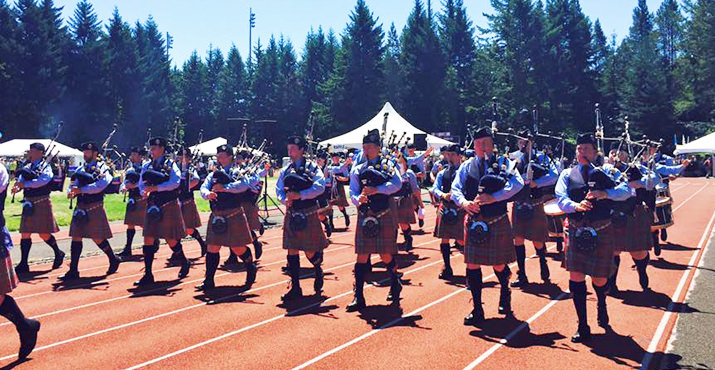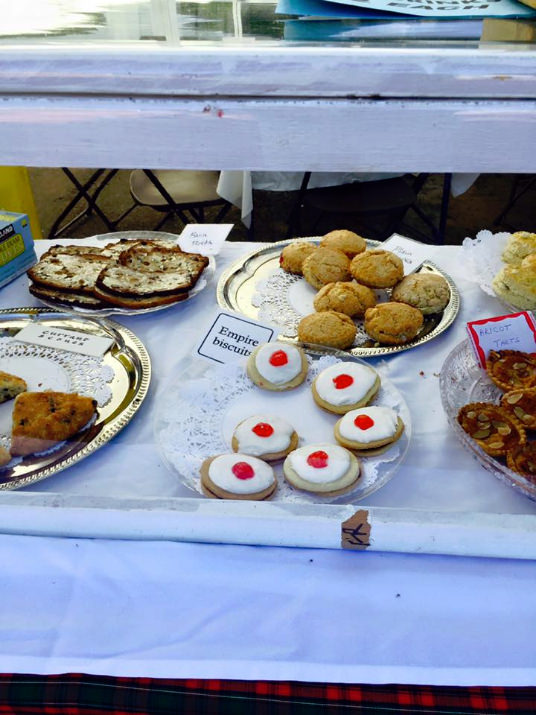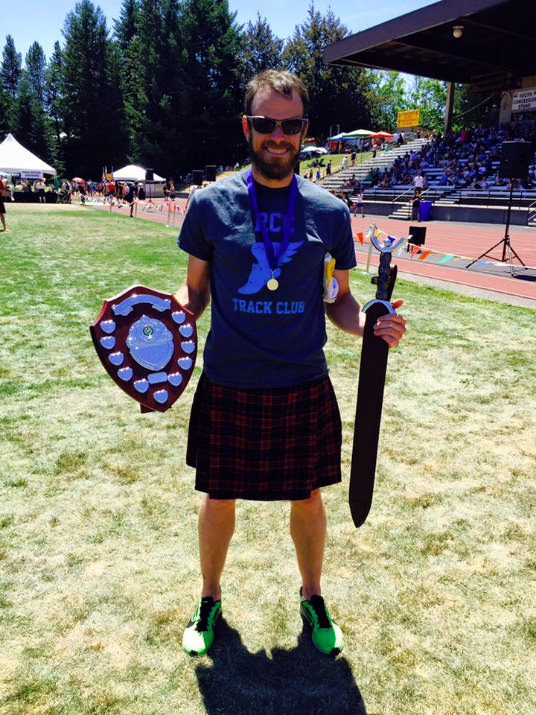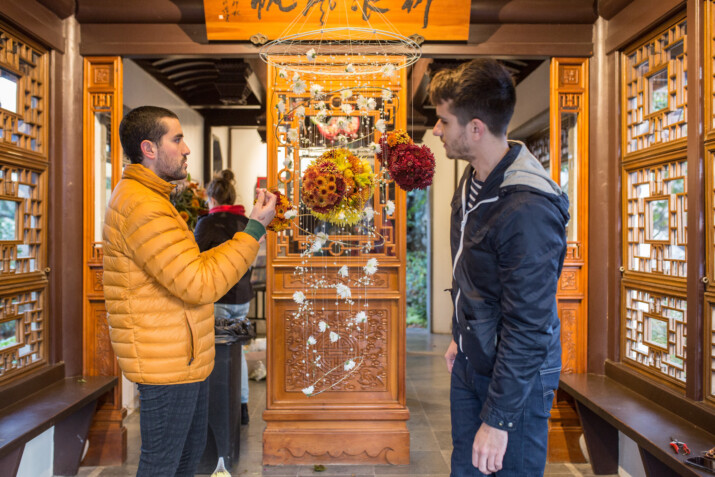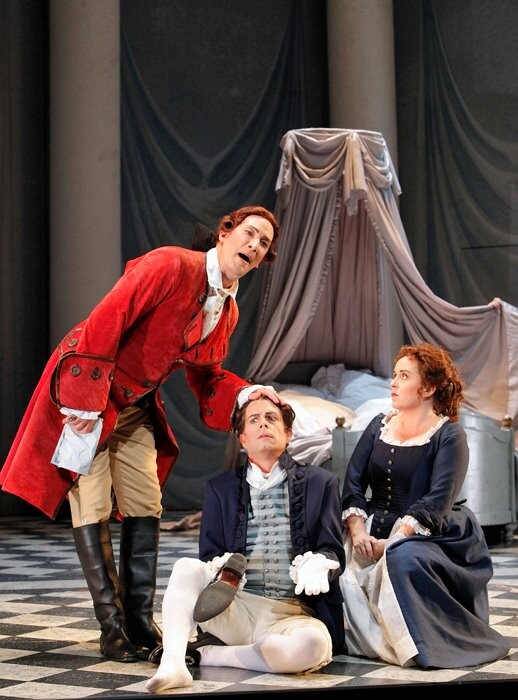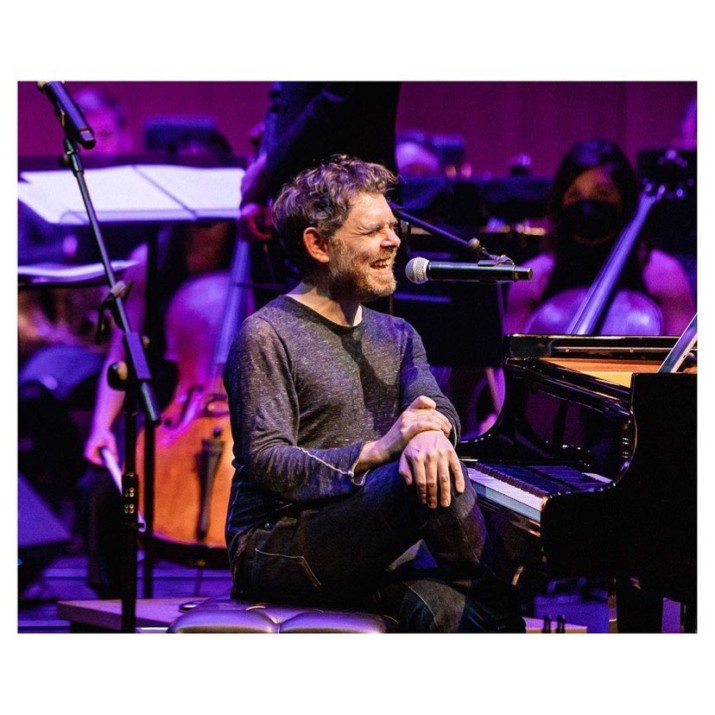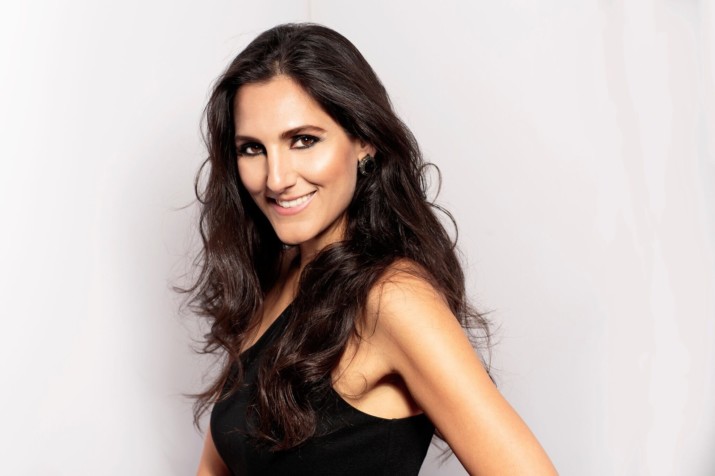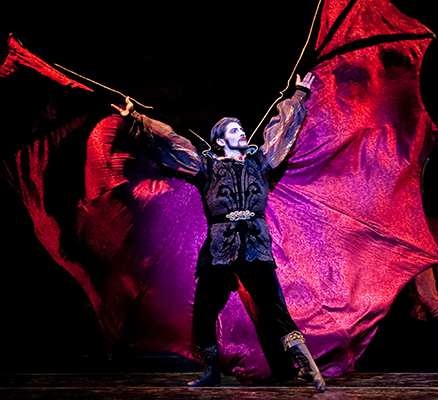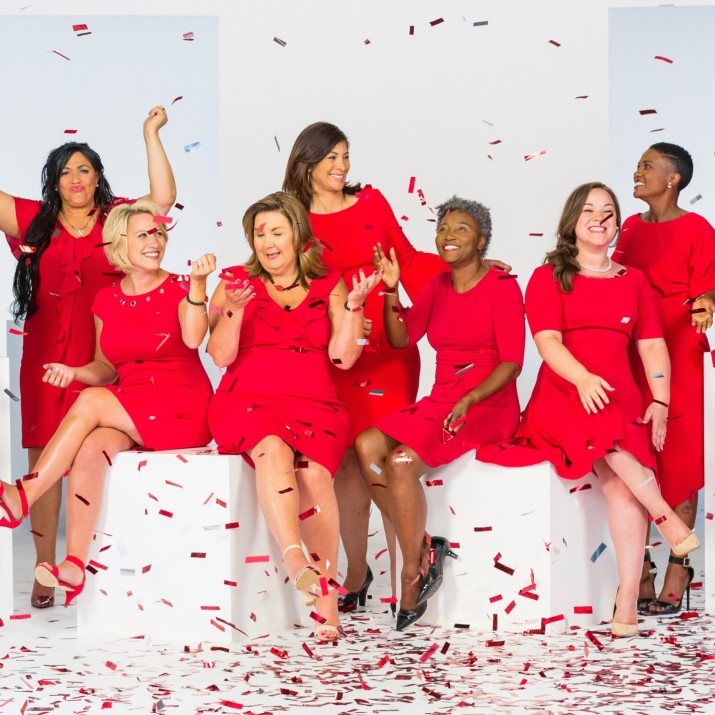Gresham, July 18th, 2015. Thousands did as they were told and, “grabbed a pint and a banger” at the Portland Highland Games. The purpose of the nonprofit games is to foster & preserve traditional Scottish culture & to sponsor the annual presentation of the Portland Highland Games at Mt Hood Community College.
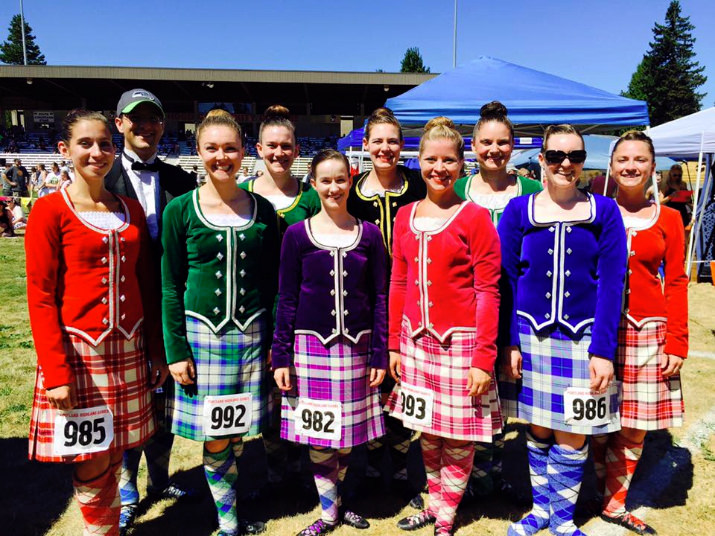
Senior dancers pose before their competition on July 18th. Competitive Highland dancing for ladies started at the turn of the century. Over the centuries the dancing style has become more refined and now shares many elements from classical ballet. Although historically Highland dancing was restricted to men, today it is mostly performed by females. Highland dances require both stamina and artistic skill.
The Kilted Mile Race has a tradition dating to the reign of King Malcolm III. The Kilted Mile has been an event at the Portland Highland Games since 1991. This year will mark the 20th Kilted Mile race. Runners today are required to wear their Highland kilts for the entire race.
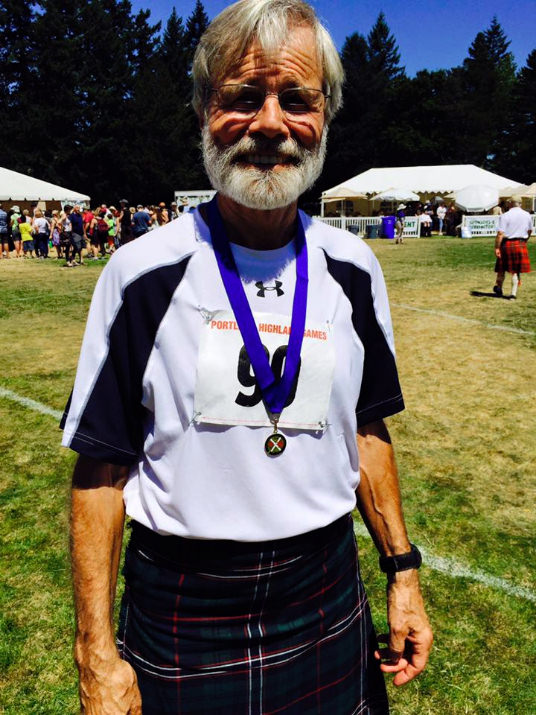
Daniel Fraser was the fastest super senior on the kilted mile race and finished with a time of 6:57.
The Portland Highland Games Association was established in 1960 to help keep the Highland Games alive in Portland. The first Oregon Scottish Games was held in 1952, sponsored by Sir James McDonald, British Consul. Due to the first Games’ popularity, it was repeated the following year.
The Games’ first membership chairman and program which listed sponsoring members’ names came in 1970. This reflected both the stability and growth of the organization. The 70’s also brought the establishment of the current traditions to recognize extensive past meritorious service on the part of volunteers. In 1972 Annie Munro was chosen as the Games’ first official Guest of the Day, followed the next year by Duncan MacKenzie.
Under the leadership of Association President Robert A. Johnson, Sir James McDonald was chosen as the Games’ first official Chieftain of the Day. This Tradition established in 1976 continues today.
In 1978 fresh ideas were explored, and these focused on enhancing spectator interest. This was the first Games in which a clan tent made its appearance. Col. John McNeil introduced a Clan McNeil tent, and a Clan Donald tent was also set up.
The Portland Games hosted the U.S. Inter-regional (Highland) Dancing Championships in 1982, 1987, and for a third time in 1999. These were held on the Sunday following the Games. In 1988, the Games moved to its present site at Mt. Hood Community College in Gresham, OR.
Our goal will always be to bring Portland the finest Scottish Highland Games possible. Loosely based upon the founding statement of the St. Andrew’s Society, a similar goal of our Games could well be stated: “to preserve the memories of our Scottish inheritance while serving our American community.”
– See more at: http://www.phga.org/history/#sthash.XRBZ7rCt.dpuf
The Portland Highland Games has a variety of competitive events. We are proud to have world-class athletes and musicians come to the Games every year.
For competitive entry forms, please go here.
Here is some historical and general information about some of the competitive events:
- Fiddling
- Heavy Athletics
- Highland Dance
- Highland Drumming
- Highland Piping
- Kilted Mile
- Piobaireachd
- Pipe Bands
- Regimental Drum Major
– See more at: http://www.phga.org/competitive-events/#sthash.rbT4Ucde.dpuf


